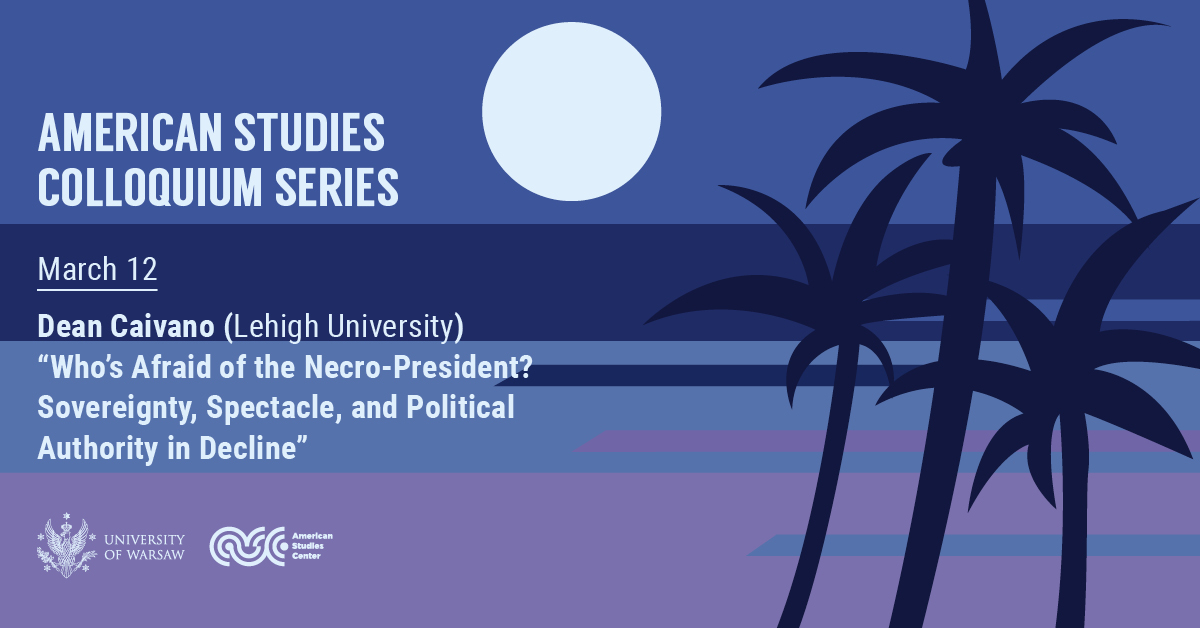The University of Warsaw is offering an unpaid 40-hour intensive Polish language course online.
The course is aimed at preparing international students for living, learning, working and enjoying living in Poland. Participants of the course will explore at the elementary level secrets of the Polish language and acquire knowledge of Polish culture essential to reside in Poland, eg. how to buy a ticket, order a coffee or lunch, how to find your way around UW and dealing with basic affairs and phrases essential for social life in Poland. This is a unique option to meet colleagues from all over the world before the start of the classes and feel confident with Polish before coming to University.
The course will take place online, so now you can learn Polish sitting comfortably on your sofa!
In this course, intended for students of last 4 semesters at the University of Warsaw, we offer:
• free participation
• 40 hours of Polish language at basic level
• professional and passionate teaching team
• online classes
• great atmosphere in international environment
When?
13th– 24th September 2021
Who can apply?
2nd and 3rd year students of 1st cycle (Bachelor’s degree)
4th and 5th year students of uniform Master studies
students of second cycle (Master’s degree)
Registration
Hurry up! The places are limited.
Registration will start on 12 th July. To register please visit IRK page.
Deadlines:
first round : 12th of July – 30st of July 2021
second round: 3rd – 17th of August 2021
third round: 20th – 31th of August 2021
For more details please contact Welcome Point: welcome@uw.edu.pl
‘Intensive Polish Language Course’ is organised within the Integrated Development Programme at the University of Warsaw and funded by European Social Fund. The objective, pursuing at the University of Warsaw between 2018-2022, is to develop competence of students and employees as well as implement the instruments which upgrade the management process of the University of Warsaw.





